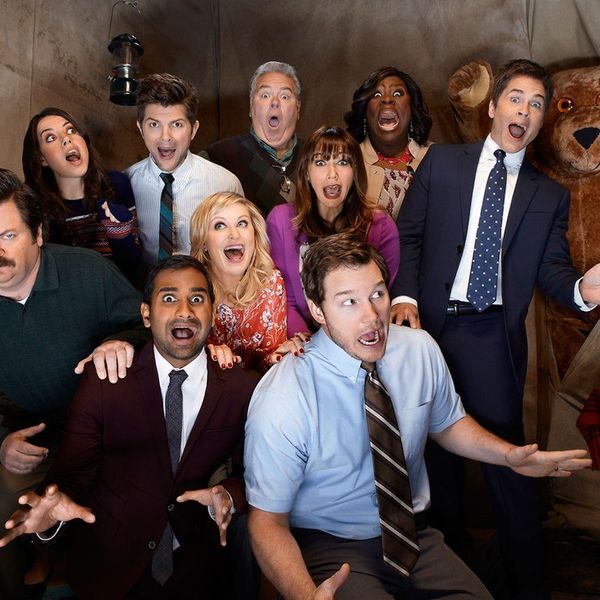Ron Ulysses Swanson is perhaps the most intricately crafted character on NBC’s hit series "Parks and Recreation." Although his no-nonsense demeanor is explicitly expressed through statement-of-fact speeches, a land mine on his desk, and an always impressively maintained mustache, it is his reserved quirkiness that makes him one of most loveable characters on the show.
And while his attempts to maintain his aloof libertarianism do not go unnoticed, they are ignored, as the paradox of his character also embodies a warm, caring, and compassionate man. Somehow, both sides of Ron are equally endearing, so to perpetuate his ironic existence, I will use the words of Ron Swanson to highlight the importance of altering the Western Diet.
Veganism and vegetarianism are often laughed at and dismissed as unnecessary diets with negligible health benefits. Though the purpose of this article is not to advocate nor reject the regimen, we should be aware of the benefits of limiting our intake of certain kinds of foods for the sake of the well being of our citizens and our environment, including meat and dairy.

The Western Diet, or the Standard American Diet, with its telling abbreviation SAD, is one stuffed with refined sugars, corn, soy, wheat, meat, dairy, and caffeinated and alcoholic drinks. According to National Geographic, the SAD diet incorporates more than two times the amount of solid fats and added sugars recommended for daily consumption. In addition, compared to previous generations, we eat less fruits, vegetables, legumes, and whole grains.

The good news is that Americans have decreased their beef consumption by more than forty percent since 1976, substituting it with chicken. The bad news is that its production accounts for nearly ninety percent of the country’s land used for raising livestock. To produce 1000 calories of poultry, a mere 44 square feet of land is utilized. In the case of beef, however, a whopping 1557 square feet of land that can be used to grow crops for human consumption is largely exhausted for cattle grazing, not to mention the methane gas produced by cows, and water pollution, both of which aggravate the already warming climate.

If you want to think of the global food crisis as a party, in short – it’s getting hot in here, so we need to find ways to redistribute our food to help solve the wide array of diseases related to nutrition on both ends of the health spectrum (not as catchy as the original song, I admit). 1.6 billion people are affected by malaise related to overeating, such as obesity, diabetes, and atherosclerosis. On the other hand, another 1 billion bear a slew of diseases that include malnutrition, hunger, and vitamin deficiencies because of insufficient food availability partially due to government greed. Ron, are you listening?

This article used figures from National Geographic’s “The Carnivore’s Dilemma” and TED’s “Sustainable Consumption: Reworking the Western Diet.”

























